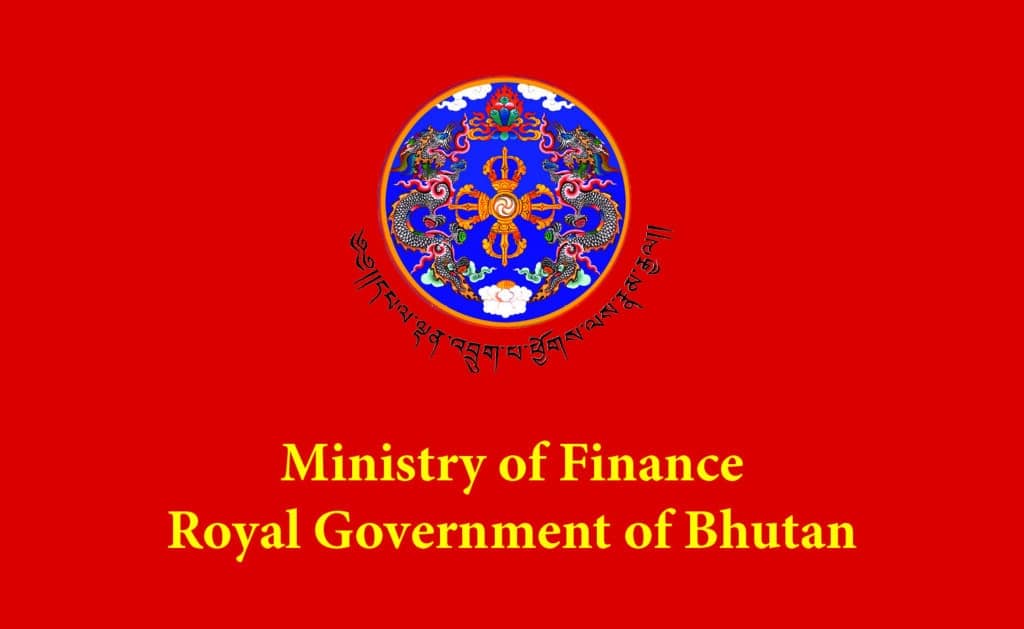Free media is a cornerstone of democracy.It plays a vital role in influencing political discourse during elections. Free and balanced traditional media (print and broadcast) foster transparency and the dissemination of important electoral information. The rise of new media such as WeChat, Twitter, and Facebook provides further avenues and possibilities for constructive public participation, information and knowledge sharing, and inclusion and empowerment.
Both traditional and new media can play the vital role of a watchdog while serving as a campaign platform and a forum for public debate, ultimately strengthening democracy.In recent times, all the political parties and candidates, and their supporters maintained active Facebook pages and WeChat groups. New media especially is widely credited in playing a major role in promoting awareness ahead of the vote.New media played major role in 2013 elections too.
WeChat has become an important tool for the Bhutanese people.The app’s “hold to talk service” is even more popular among illiterate and semi-literate people, who use it to communicate with their relatives and family, and inform about their daily whereabouts. The service is not just user friendly but requires no ability to write.WeChat not only comes with “hold to talk” feature but also has standard communication features like free calling, text messaging and video chat. All users have to do is select a contact, press the button, and speak.
Today, Bhutanese netizens are increasingly turning to social media platforms for political (election) news and related developments. Additionally, more and more people are also using smart phones to follow news and information. The increasing access to Internet around the country has further encouraged many candidates and citizens to employ various new media tools to directly engage in lively debate.
At its best, new media embodies the spirit of democracy, enabling citizens to hold candidates and representatives accountable, monitor electoral process, and engage in political debate. However, this vehicle of participatory electorate is not without challenges, among which are issues of ethics and integrity, and despite the dramatic expansion of technology, there are still many groups, such as the elderly, the illiterate and the poor, who have limited or no access to these resources.
While WeChat offers many benefits of connecting, bonding and bridging the communication gap between the Bhutanese, it also creates significant obstacles. Although WeChat has become legitimate medium for social interaction incorporating private and public lives, the safety of the application and the security over shared contents is everyone’s concern.News and information spread like wildfire on social media, even as the mainstream media struggles to catch up with the pace.
With the general elections of the National Assembly in mind, social media apps can be instrumental in mobilizing voters, especially the youth to vote and participate in political proceedings. Such involvement will not only help in making the elections successful but also create a sense of belonging and trust among the people, further connecting the Bhutanese studying and living abroad, and the policy making process which are all fundamental requirements for any democracy.
Nonetheless, WeChat has become an integral component of the new media landscape and an important outlet for candidates, election campaigners and citizens. Despite some of the drawbacks detailed above, increased worldwide internet access will only further the importance of new media in democracy and elections. Citizens have more avenues than ever before to reach out to their candidates and share information thus presenting new opportunities and challenges for the promotion of democracy and possibilities for democratic consolidation around the world.
However, WeChat can also serve as a platform for the dissemination of false or misleading information as it lacks gatekeeping and verification processes of traditional media. The convergence of traditional and new media as means of information dissemination has raised questions regarding where to draw the line between regulation and censorship and how to balance freedom of expression with inflammatory and provocative speech.
With features reminiscent of WhatsApp, Facebook, and Twitter, WeChat combines the intimacy of mobile messaging and small-group interactions with the capacity for viral dissemination. But WeChat is notoriously opaque. This hybrid platform provides no API, which restricts analysis of its content and user behavior.
The individual user and his or her social network primarily curate content on WeChat. This means that WeChat cannot effectively tweak platform design to prevent the spread of misinformation or the presence of filter bubbles.
With social media activity increasingly moving to private communities on WeChat, where information is harder to track and verify, understanding how news — and trust — flow on these closed networks is more important than ever. Other drawback of WeChat is all discussion about the news content takes place within the bounds of private and semi-private networks. Information cascades through networks of friends and acquaintances, rather than across an (theoretically) open, connected public sphere.The WeChat also reminds us that when it comes confronting the reality of social media and spread of fake news, there is no one-size-fits-all solution, and that strategies need not always be high tech.
Thus, responsible use of social media especially Wechat, could help garner voters and supporters during the upcoming elections.
(The writer is a freelance journalist)













